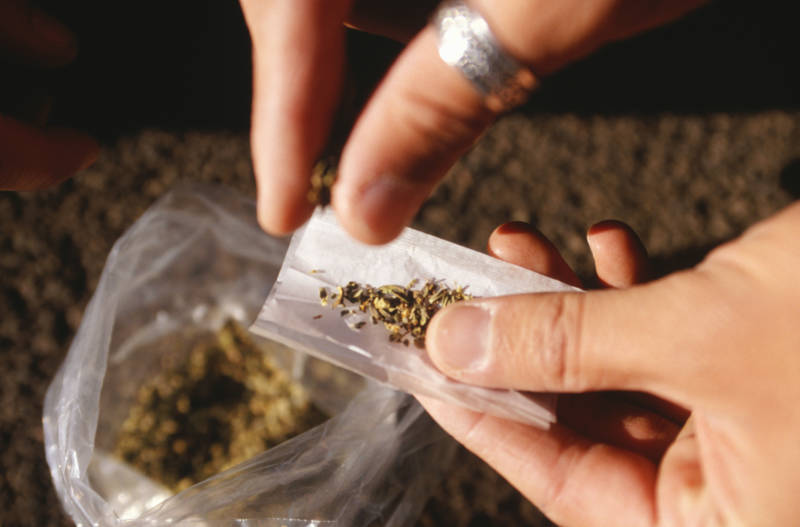Update: Opponents have also filed a lawsuit alleging supporters have submitted false or misleading ballot arguments supporting the legalization of recreational marijuana. The No on Proposition 64 campaigns disputes assertions by supporters that the initiative prohibits marijuana ads on television. Opponents say language in the ballot measure leaves the possibility open.
Supporters of Proposition 64, which would legalize recreational marijuana in California, have filed a lawsuit asking a judge to remove or amend several arguments submitted to the official voter guide by opponents. Among them: The proposition would roll back prohibitions of smoking ads on TV and expose children to commercials for marijuana gummy candy and brownies.
Yes on 64 spokesman Jason Kinney calls the arguments false and misleading.
“The opponents fundamentally and factually misrepresent this ballot measure," he said in a statement. "These aren’t evidence-based arguments -- they are scare tactics."
No on 64 spokesman Tim Rosales called the suit a political stunt.
